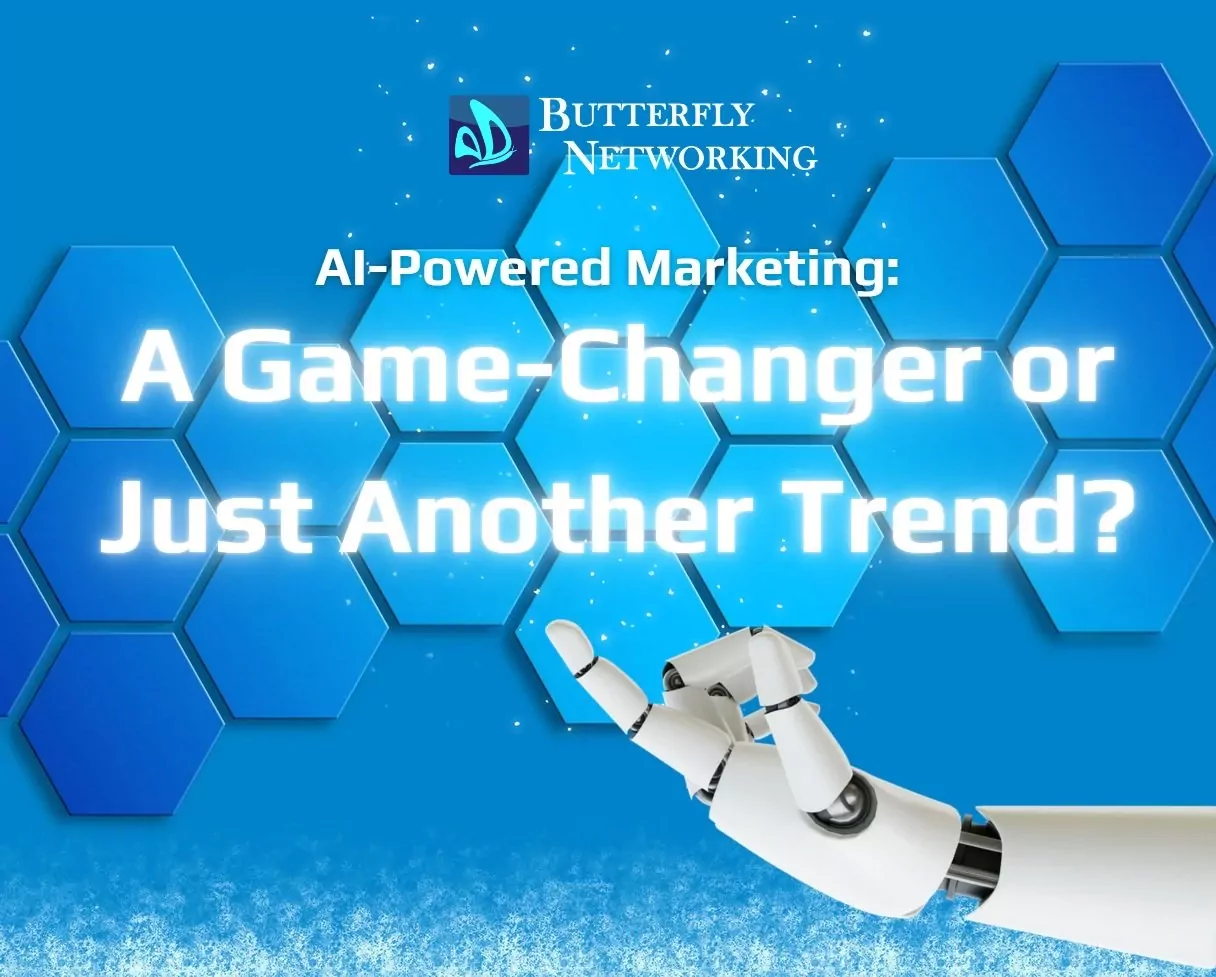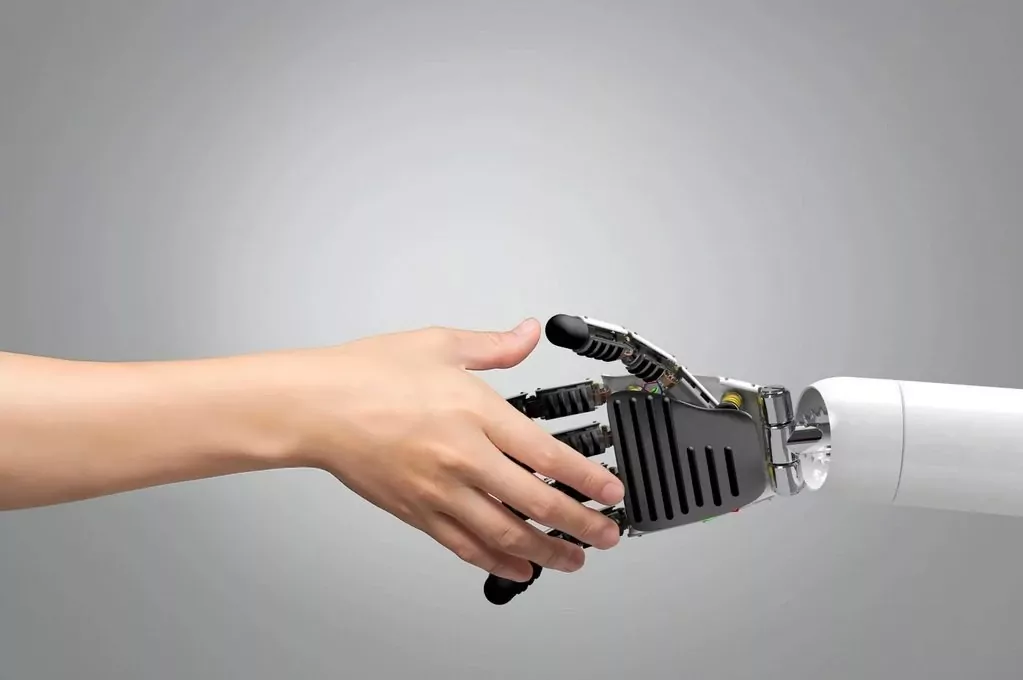AI-Powered Marketing: A Game-Changer or Just Another Trend?

Artificial intelligence is everywhere—from chatbots answering customer questions to AI-generated social media posts. But is AI-powered marketing truly the future for small businesses in Metro Vancouver, or is it just another passing trend?
Many business owners are eager to use AI tools to save time and money, but AI has its limits. While automation can streamline marketing, it may not always be the best solution for tasks requiring creativity, strategy, and personalization.
This post explores how AI is changing marketing, its benefits, and where human expertise still plays a vital role.
How AI Is Transforming Marketing for Small Businesses

AI marketing tools help businesses optimize their marketing efforts, often with minimal effort. Here’s how AI is currently shaping digital marketing:
● Smarter Customer Insights & Targeting
AI analyzes customer behavior, helping businesses deliver more personalized marketing messages. Platforms like Google Analytics 4 and Meta’s AI-driven ad system optimize campaigns based on data-driven insights.
📌 Example: A Vancouver-based fitness studio used AI-powered ad targeting and saw a 40% increase in conversions.
● Content Creation & Automation
AI-generated content is becoming more advanced, with tools like Jasper and Copy.ai producing blog posts, social media captions, and product descriptions.
📌 Example: A Richmond online store used AI to generate product descriptions, reducing content creation time by 60%.
● Chatbots & Automated Customer Service
AI chatbots like Drift and ChatGPT handle basic customer inquiries, improving response times and reducing the need for human support.
The Benefits of AI Marketing

AI marketing tools help businesses optimize their marketing efforts, often with minimal effort. Here’s how AI is currently shaping digital marketing:
✅ Cost Savings
AI reduces reliance on large marketing teams, making digital marketing more affordable for small businesses.
✅ Increased Efficiency
Automating social media, emails, and content generation frees up time for business owners to focus on other tasks.
✅ Better Data-Driven Decision-Making
AI identifies patterns in customer behavior, allowing businesses to optimize campaigns for better results.
📌 Example: A Coquitlam-based real estate agent used AI-driven analytics to improve lead conversion rates by 35%.
🔗 Read more about AI-driven marketing strategies
The Limitations of AI Marketing

❌ AI Lacks Human Creativity & Emotional Appeal
AI-generated content often sounds robotic or lacks the emotional depth needed for strong branding.
📌 Example: A Burnaby café tried AI-generated Instagram captions but saw lower engagement due to a lack of personal touch.
❌ Limited Ability to Adapt to Brand Strategy
AI tools generate content based on existing data but don’t develop long-term branding strategies tailored to unique businesses.
❌ AI Still Requires Oversight
Business owners need to monitor AI-generated content and adjust strategies to avoid generic or inaccurate messaging.
📌 Example: A Surrey-based boutique relied on AI for ad copy but had to refine messaging manually for better results.
Where Human Expertise Still Matters

While AI automates many tasks, human marketers play a crucial role in:
✔ Crafting brand voice & storytelling
✔ Building customer relationships & trust
✔ Designing creative, high-converting ad campaigns
✔ Developing long-term content marketing strategies
📌 Example: A New Westminster-based accounting firm switched from AI-generated content to a professional copywriter and saw a 50% increase in client inquiries.
AI & Human Expertise: The Best of Both Worlds

For the best results, businesses should use AI as a tool rather than a full replacement for marketing professionals. Here’s how to strike the right balance:
✔ Use AI for automating repetitive tasks like social media scheduling and email marketing.
✔ Rely on human experts for branding, storytelling, and strategy.
✔ Regularly review AI-generated content to maintain quality and authenticity.
Conclusion: AI Is a Powerful Tool, Not a Complete Solution
AI is revolutionizing marketing, but it’s not a one-size-fits-all solution. Small business owners in Metro Vancouver can benefit from AI-driven automation while still relying on human expertise for strategy and creativity.
👉 Want to leverage AI marketing without losing the personal touch? Butterfly Networking helps businesses blend AI automation with expert strategy. Contact us today! http://www.askCarla.ca/AIforSmallBusiness
